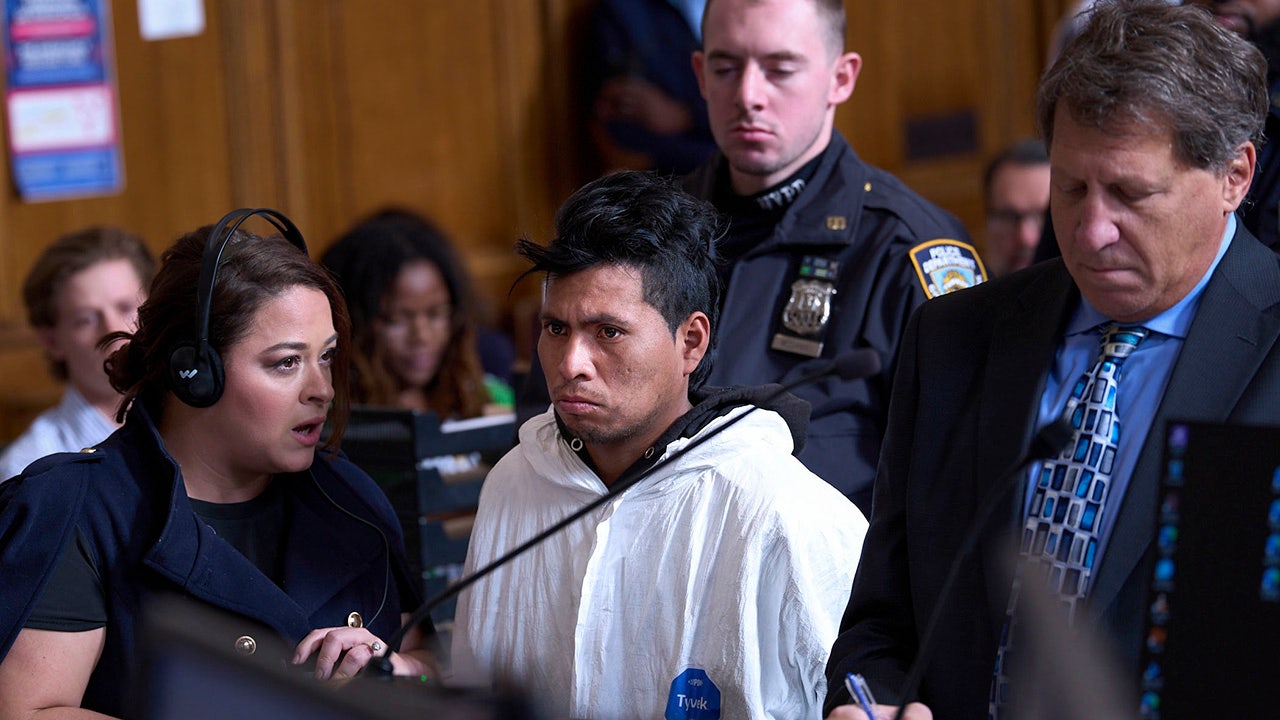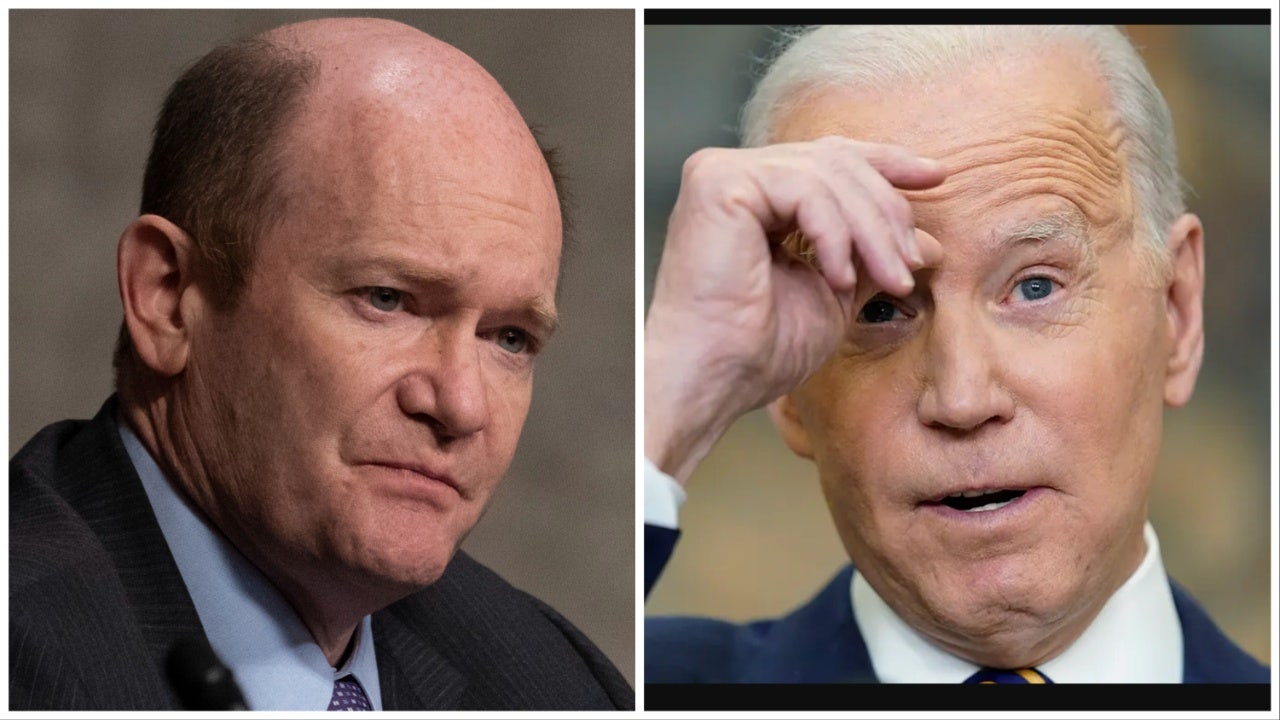In her lawsuit against Justin Baldoni, Blake Lively claimed a lack of protocols led to her and her infant son contracting COVID on set of It Ends With Us.
In court documents obtained by Us Weekly, and filed by Lively, 37, on Friday, December 20, she alleges Baldoni, 40, and his business partner Jamey Heath “failed to implement” proper protocol when there was a COVID outbreak.
“Ms. Lively was told by another producer that because [Justin and Jamey’s production company] Wayfarer did not have insurance coverage for COVID, Mr. Baldoni and Mr. Heath deliberately withheld from Ms. Lively that she had been exposed to COVID,” her lawyers claimed in the paperwork. “Both Ms. Lively and her infant child contracted COVID from the outbreak.”
Lively — who shares daughters James, 9, Inez, 8, and Betty, 5, as well as a son, Olin, whom they welcomed in early 2023 with husband Ryan Reynolds — “attempted to raise concerns” during a conversation with Baldoni and Heath.
“When Ms. Lively expressed her upset that Mr. Heath and Mr. Baldoni had hidden the fact that she had been exposed to a COVID outbreak on set from which she and her infant contracted COVID,” the docs continued. “Instead of acknowledging responsibility and committing to safety moving forward, they expressed upset over production days missed and resulting costs.”
Lively included a copy of guidelines that needed to be “met without fail” for her to come back to film It Ends With Us after the writer’’s strike halted production.
“If BL is exposed to COVID-19, she must be provided notice as soon as possible after Wayfarer or any producer or production executive becomes aware of such exposure,” the request read.
Lively’s legal filing comes months after reports of their tension on set made waves all summer. The actress accused him of sexual harassment, creating a “hostile work environment” and causing her “severe emotional distress” while working on a movie adaptation of Colleen Hoover‘s hit book.
Lively also claimed Baldoni and Heath “invaded” her privacy while she was breastfeeding her newborn.
“Ms. Lively often had to work while breastfeeding, which she felt comfortable doing so long as she was given the time and space to cover herself. She did this frequently, because she was not given breaks to feed her baby,” the lawsuit continued. “But Ms. Lively did not expect or consent to anyone entering her private spaces while topless, exposed, and vulnerable with her newborn, or during body makeup application or removal. Mr. Baldoni and Mr. Heath both showed a shocking lack of boundaries by invading her personal space when she was undressed and vulnerable.”
In a footnote, Lively alleged she was “not given proper lactation breaks” by Baldoni’s production company.
“[This] sometimes stretched into six hours without a break. When filming finally broke, Ms. Lively would have to run to her trailer to breastfeed,” the documents noted. “The lack of accommodation for her need to express milk caused her to develop painful mastitis.”
Lively’s negative experience on set subsequently impacted her family.
“There are days when she has struggled to get out of bed, and she frequently chooses not to venture outside in public,” the lawsuit revealed. “While she has fought to maintain her personal life and business interests, behind closed doors she has suffered from grief, fear, trauma, and extreme anxiety. She also has been experiencing repeated and painful physical symptoms as a result of this experience.”
The lawsuit concluded: “Mr. Reynolds, too, has been affected mentally, physically, and professionally by his wife and children’s pain. Worst of all, however, has been the impact on their young children, who have been traumatized and emotionally uprooted in ways that have substantially impacted their well-being.”
Baldoni’s lawyer, Bryan Freedman, addressed Lively’s “completely false, outrageous and intentionally salacious” allegations in a statement to Us, claiming she filed the lawsuit to “fix her negative reputation” and “rehash a narrative” regarding the production of the film.
Freedman alleged that Lively made “multiple demands and threats” during the film’s production, which included “threatening to not show up to set, threatening to not promote the film, ultimately leading to its demise during release, if her demands were not met.”
In a statement to The New York Times on Saturday, December 21, Lively stated, “I hope that my legal action helps pull back the curtain on these sinister retaliatory tactics to harm people who speak up about misconduct and helps protect others who may be targeted.”
Read the full article here















